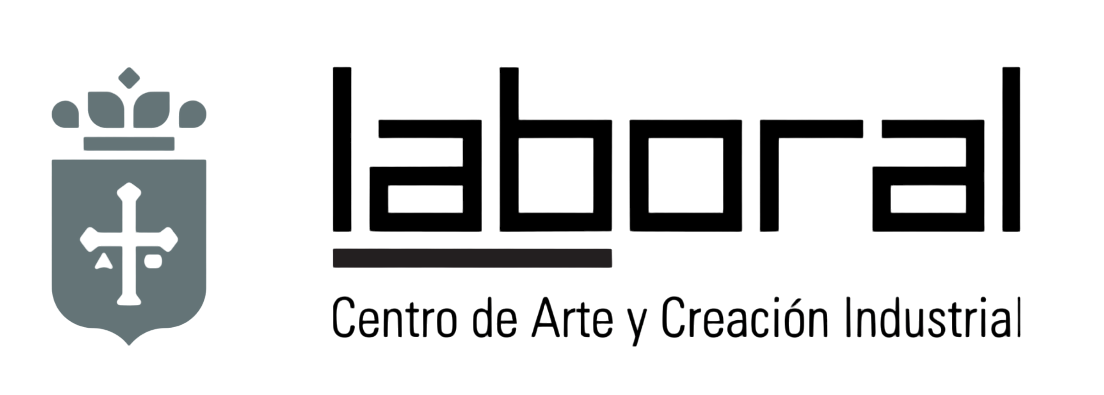There is life in Mars? Is the water we drink clean? Are bacteria bad? Are microbes intelligent? Does our DNA identify us?
Almost everything we know about how the world works comes through science, even the media uses scientific principles to talk about the environment, what we eat, our bodies and our future.
Science, represented through the white coat, blue light and laboratory props, represents expert opinion and the truth about almost anything: climate change, genetic modification, the best way to clean the kitchen… It emerges So the first question, should we accept this information at face value? Should we instead take control of our own knowledge? Which brings us to the objective of this activity: can science be done without the sophisticated tools of experts?
The sessions proposed below aim to explore the concept of scientific truth and how we access knowledge. Participants make their own scientific devices and conduct their own experiments and then analyze scientific claims
Simple experiments will reveal to us an incredible world, right at the limit of our perception and that can seem almost magical, from the complex relationships between microbes to the formation of the universe, discovering a different way of perceiving science and the wonders that surround us. .
Scientific practice through the DIY methodology (Do It Yourself) proposes an open and curious approach to the concept of truth and our reality, building physical tools, but also developing attitudes and practices closer to the artistic.
During each session, tools and devices will be designed and manufactured in fabLAB Asturias (digital manufacturing laboratory), while field work will be carried out and time will be left for possible research by the students themselves and how to visualize concepts and processes in an artistic way.
This project joins as a line of work of AuLAB, a school program framed in the Contract-Program Program of the General Directorate of Vocational Training, Curriculum Development and Educational Innovation of the Asturian Ministry of Education, which LABoral has been developing since 2012 and part of it pedagogical approach: project work and programming by competencies.
It is also part of the production and research program of the European Digital Art and Science Network (EDASN), whose objective is to promote common work between artists and scientists under the premises of interdisciplinarity, European intercultural exchange and the development of new audiences. .
Teacher training:December 16 to 18, 2015
Work sessions with students:January 13 to 20, February 17 to 24 and April 6 to 15, 2016
Developed by:Andy Gracie
Production:

Within the framework of the project: European Network of Digital Art and Science:

With the support of:
Activity subsidized by the Ministry of Education, Culture and Sports of the Government of the Principality of Asturias



